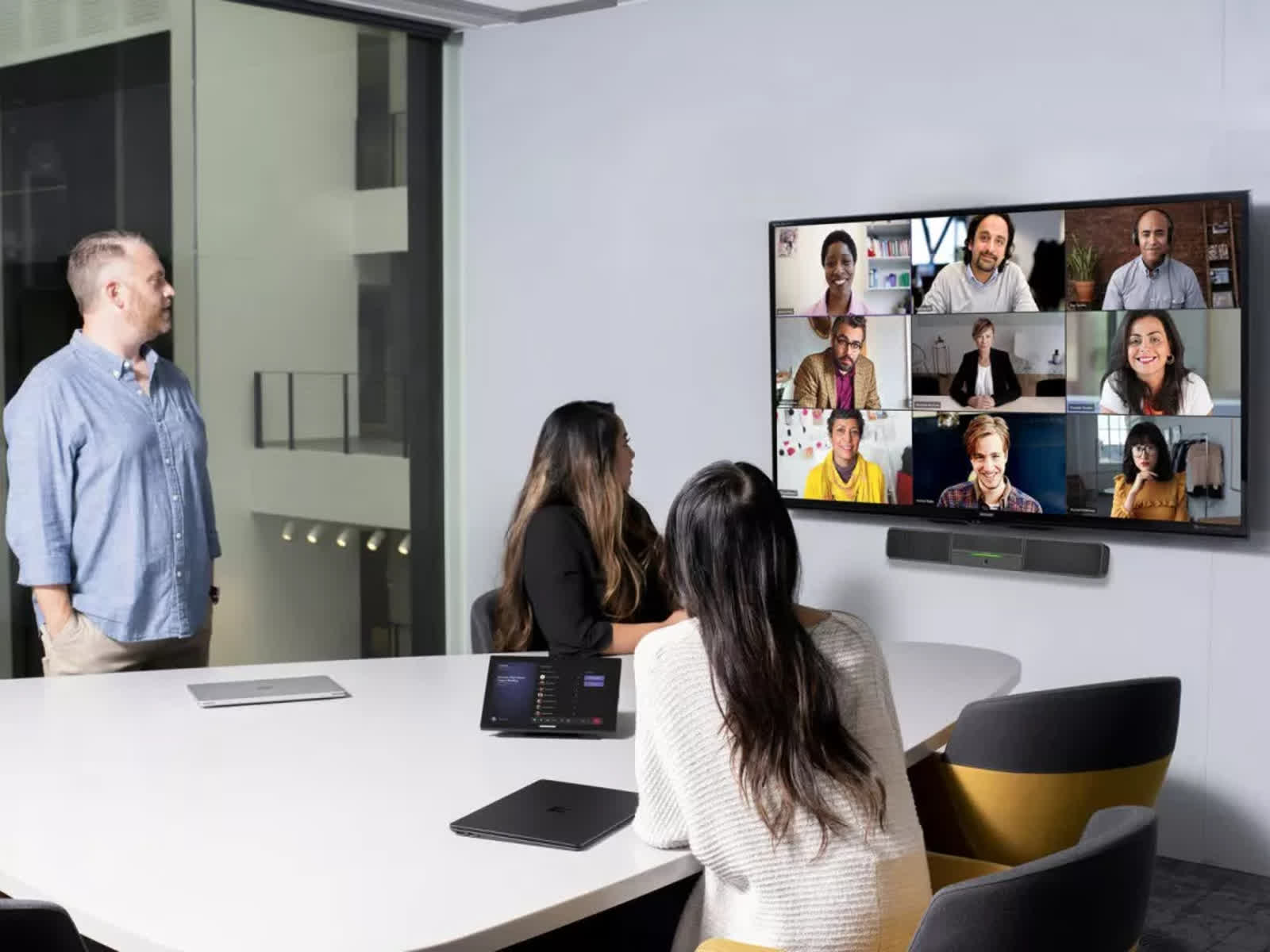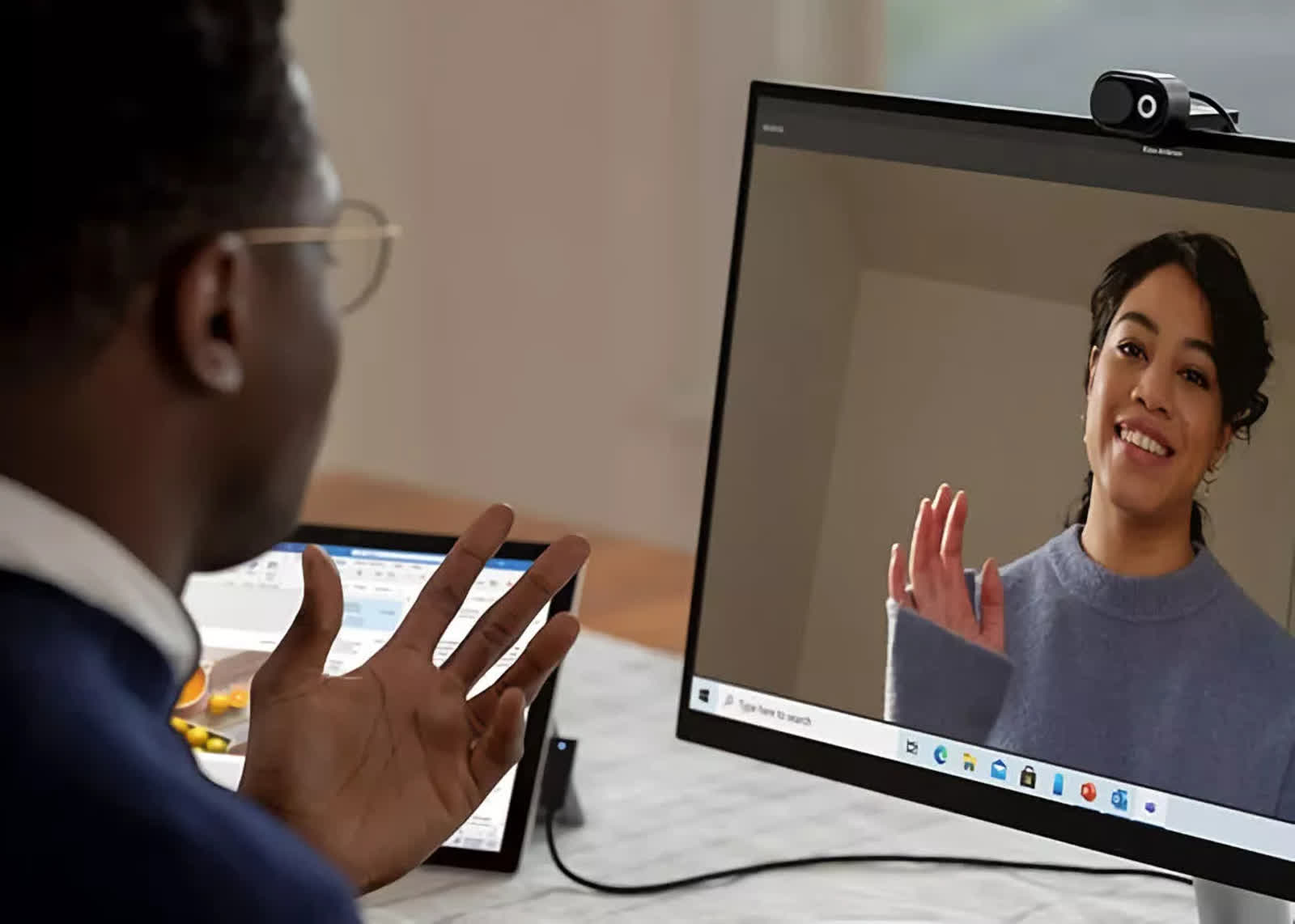Why it matters: Hybrid work models are increasingly becoming the new norm as companies examine work culture moving forward. As firms welcome back employees to offices after the pandemic forced them to work remotely, a large proportion of the workforce prefers if the status quo remains. Conversely, bosses are ready to return.
A study from Future Forum finds that executives are nearly three times more likely than regular employees to want to return to the office on a full-time basis. The survey is derived from 10,000 knowledge workers in the U.S., Australia, France, Germany, Japan, and the U.K.
A whopping 76 percent of employees do not want to return to the office for full-time work. Sixty-eight percent of execs wish the opposite, saying they would rather work from offices rather than home most or all of the time. Fifty-nine percent of bosses say they will require employees to come back to the office for most or all of the workweek.
Moreover, 66 percent of executives are structuring their companies' post-pandemic workforce policies with little to no employee input. "The great executive-employee disconnect" report examines how the preference for bosses to return to the office is threatening both employee satisfaction and retention. The poll reveals that job satisfaction among execs is 62 percent higher than non-executive workers.

Two-thirds of executives (66 percent) believe they're "very transparent" in terms of their post-pandemic policies, but only 42 percent of the workforce agrees. This divide could ultimately result in talent leaving for opportunities elsewhere. Fifty-seven percent of knowledge workers revealed they were open to looking for a new job in the next year. Future Forum gathered the survey data from July 28 to August 10, 2021.
"The view of the office looks different from the top," said Brian Elliott, Executive Leader of the Future Forum. "While executives are banging down the door to get back to their corner offices, non-executive employees are demanding flexibility in where and when they work. Companies must do more to bridge this gap in order to attract and retain top talent."
Among those currently working remotely, 44 percent of executives want to work from the office daily---a stark contrast to the 83 percent of employees who would like to continue their roles from home. Additionally, 75 percent of executives currently working remotely want to return to the office at least three to five days a week, while just 34 percent of employees share that same desire.

Another interesting finding from the report is that 76 percent of workers want flexibility in where they work, and 93 percent want flexibility in when they work. These figures would undoubtedly be affected by hybrid work models currently used by businesses.
Google, for example, will migrate to a model where its workforce spends around three days in the office and two remotely. Only 20 percent of employees for the search giant will work from home permanently. With the purchase of a new $2.1 billion office building, it did stress, however, that workers "need to collaborate" for them to be "really happy and productive." Apple also said it expects most of its workforce to come in for three days for work.
There could be some negatives attached to working from home, though. A study focused on Microsoft employees claims that remote working may jeopardize productivity and innovation. Lending credence to that view is a survey detailing how 40 percent of remote workers spend four or more hours away from their PCs. At least 21.3 percent focus on work for between 1 to 3 hours and 60 percent have taken a nap on company time.
Still, Microsoft's thinking aligns with its rival: most of its workforce can work from home for less than 50 percent of the week, and it now even considers work schedule flexibility "standard" for most roles.
